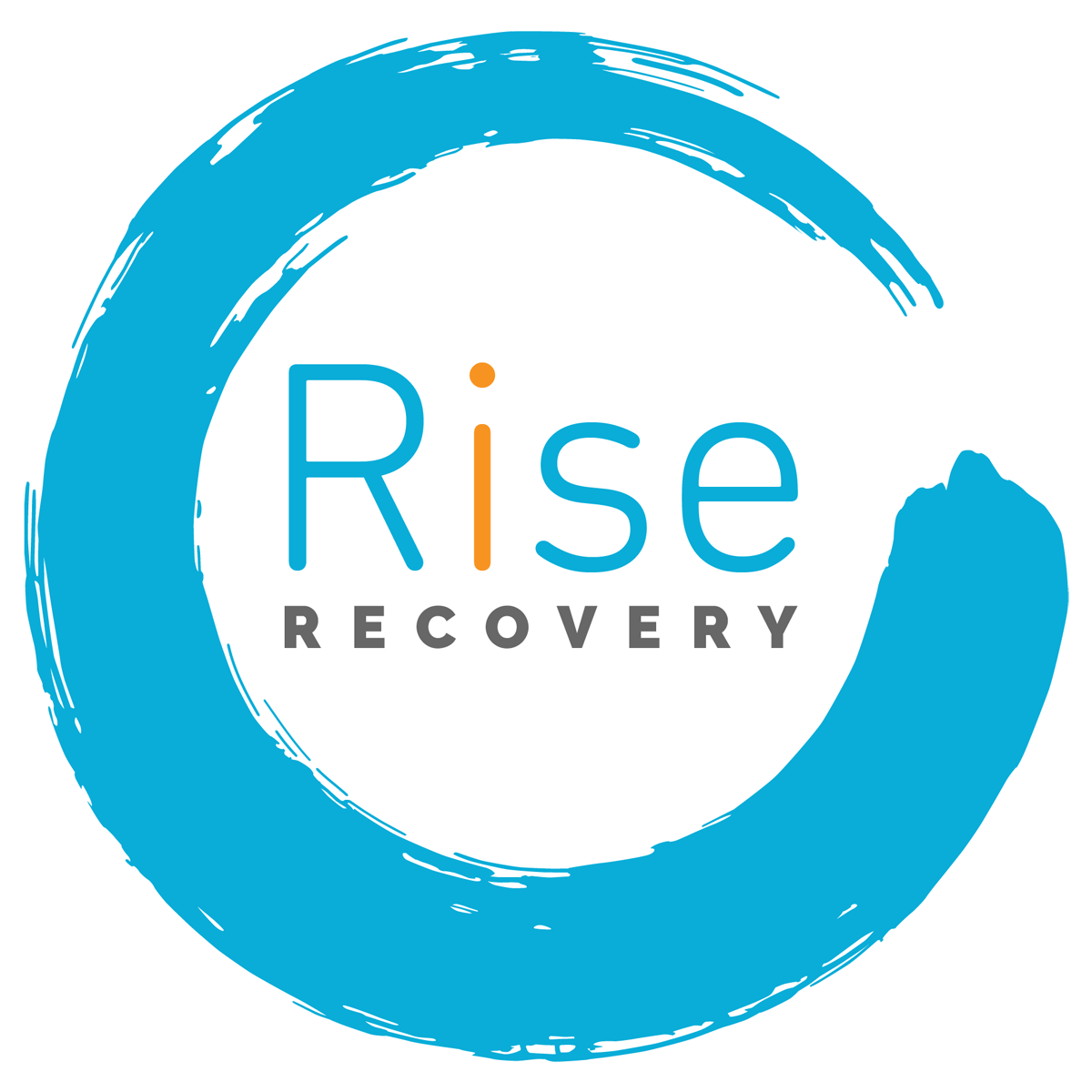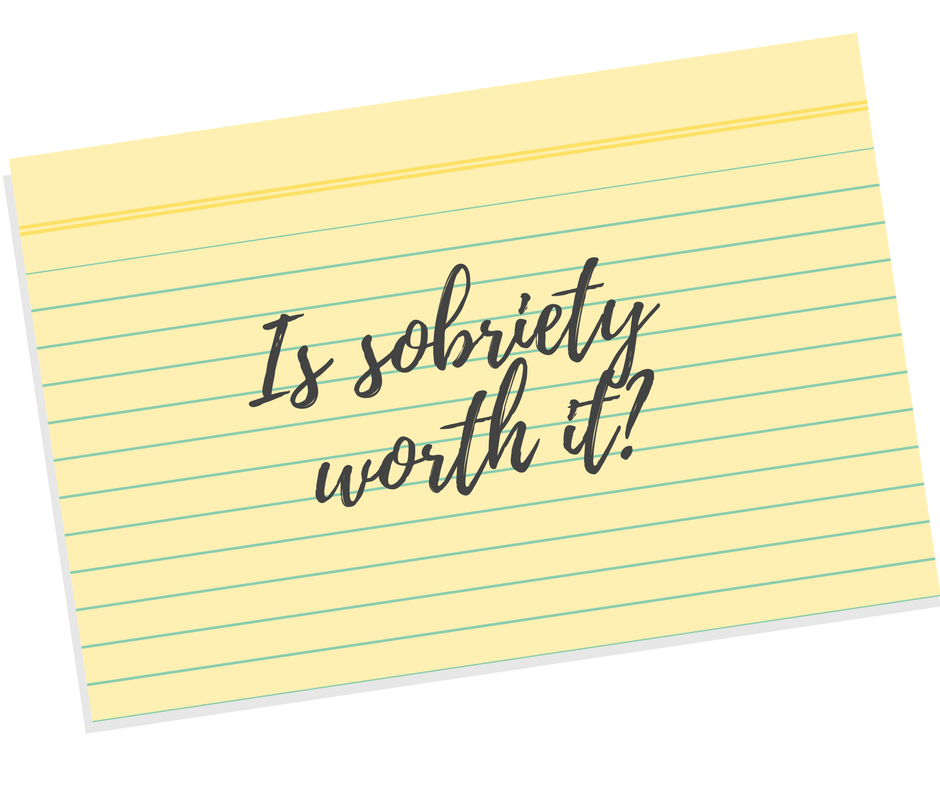Confronting the opioid problem in San Antonio
Needed: a community approach to opioid epidemic
The topic of opioid abuse and addiction has been a very visible part of the national conversation in recent months. If you haven’t been touched in some way by this insidious epidemic, you may be wondering what all the fuss is about. If so, count yourself as fortunate — fortunate that someone you know as a parent, spouse, child, friend or co-worker hasn’t yet been caught in the destructive spiral of opioid addiction.
Success Story: Anonymous
“The holidays have always been hard for me. I didn’t always have family at home to celebrate the holidays with, but I always had my friends and all the Rise Recovery staff to step in and make my holidays great! Today, because of them, my family can celebrate the holidays together again.”
Success Story: Anonymous
“I love Rise Recovery. What you’ve done for my son, for his friends, for his mom and me. It’s nothing sort of a miracle. There is something very special going on with Rise, and it feels like God’s blessing. It’s beautiful. So, thank you. Thank you for all your hard work, for your heart, for your program director and the rest of your crew. I’m so grateful.”
County leaders plan to file law suit amid opioid epidemic
County leaders are filing a big law suit against all opioid drug manufactures. The lawsuit comes after statistics show Bexar County is the leader in the state for insurance claims related to the deadly epidemic.
A Letter from our Program Director
Dear friends,
As we all come to grips with the tragedy in Las Vegas, I would like to offer some advice on speaking with your children on the sensitive subject of violence in our society.
- Avoid repeatedly exposing your family to the events via social media, television and adult conversations. This can be re-traumatizing, especially for small children who are prone to believing that seeing it again on TV means it’s happening again in real life.
- It’s not necessary or helpful to force discussions around the event. Children are naturally inquisitive and intuitive. When they are ready for information, they will come to you or to another trusted adult. It is helpful to simply say, “I’m here if you want to talk about this.”
- Causal questions about the shooting are natural. If your children have questions about how and why this happened, answer only the questions they are asking and take caution that your answers are age appropriate. For example, “He was clearly a very disturbed person and disturbed people sometimes make terrible choices.”
- Take caution not to use words like “sick” or “angry” when talking about the gunman. Children are literal thinkers. It can be anxiety provoking if children are lead to believe that every day experiences like sick, angry or sad lead to this sort of tragedy.
- It is normal for children, especially younger children, to ask the same questions over and over. Keep your responses consistent and be patient with their curiosities.
- Increased separation anxiety and fears are natural responses to mass shootings. Be patient and gentle with yourself and your children. Reassure them of their safety and yours. Keep them focused on the present moment. For example, “We’re all home tonight and we’re all together.”
- Make an effort to focus your children’s attention, and your own, on the unity and support that comes in the aftermath of the tragedy. Stories of survival and heroism can provide comfort and relief.
- If your children ask how they can help, engage them in something concrete. Prayer is an excellent suggestion but children need something tangible such as donations, letters writing and/or drawings.
- Normalize and affirm their feelings around this event. For example, “It’s normal to feel this way after something like this happens. I feel it too.”
- Finally, take good care of yourself. Children are highly in tune with their parents and caregivers. They will be comforted by seeing that you’re in a good, healthy and peaceful place.
For questions or support contact Michelli Ramon, Rise Recovery Program Director, at 210-316-4057.
Drug rehabilitation experts applaud Bexar County’s new cite and release program
Drug rehabilitation experts in Bexar County are applauding the county’s new cite and release program, saying it could help people and save taxpayers money in the long run.
Living Life Sober
5 Reasons Why I Love My Life Sober
by Natalie Mosqueda
When I get sober at 16, I thought my life was over. I thought I would be doomed to a life of bad coffee and old people, there would be no more friends and no more fun. I was taught the complete opposite. My life was just beginning.
Here’s is a few things I’ve learned on my journey…
-
The friends I make in sobriety become the strongest relationships I’ve ever had
The friends and relationships I have today are built on trust, respect, and mutual understandings. I can be open and honest about myself and what I am feeling and I am only greeted with love. My old relationships were based off who had what substance, today my friends don’t care about what I have or have not done or what I do and do not have. Being sober has shown me what true friendship and compassion looks like.
-
I remember what happened the night before
A common phrase of the black-out drunk variety is “What did I even do last night?!” Today, I get to wake up every morning with no fear or shame of what could have possibly happened the night before. I get to be proud of the decisions I have made and be able to own up to my mistakes. Sobriety gives me a sense of comfort and ease in my life.
-
I have tools to handle stress in my life
Just because I got sober doesn’t mean my life is now peaches and cream. Life still happens, but today I have the tools, skills, and my recovery community to carry me through tough times. Sobriety has taught me that I am strong enough to get through the bad days.
-
I save money
I never knew how much of my (parent’s) money was truly spending until I get sober. Today, I get to save money for my future, buy what I want, and have my parents trust me with money again. Being sober allows people to trust me again.
-
I get to do what I love
Today, I have the best job possible. I get to help others and have fun doing it. My using and drinking would have never allowed me to accomplish my goals. Sobriety has taught me to find my dreams and follow them.
There are many more reasons why I love being sober, these are just a few. For me, sobriety is totally worth it.





